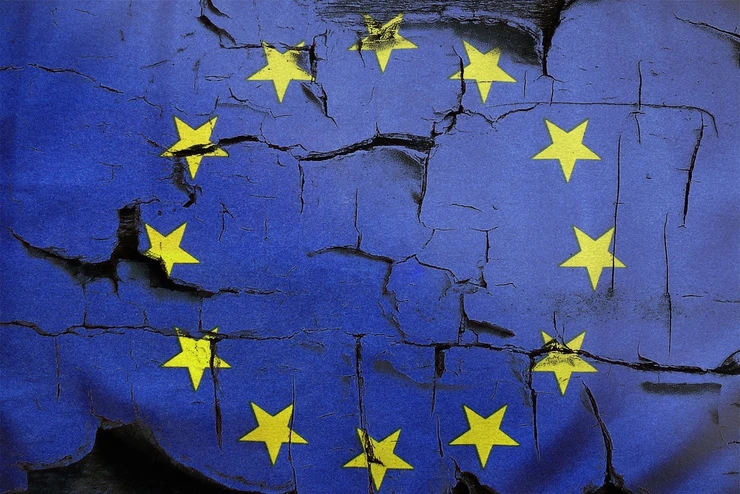
The European Community has long understood itself as a ‘community of law’ underscoring the central role of law in the European project as a process of ‘integration through law’. As the rule of law, the limitation of the powers of public authorities by the law and the independence of the judiciary, define the democratic character of the European project, the evolution of a distinctive illiberal constitutionalism, a seemingly contradictory concept in itself, in some East Central European EU member states represents a significant political challenge with potentially far-reaching consequences for European integration.
Although, post-communist East Central Europe was a vital laboratory for the third wave of democratization, but the rise of ‘illiberal democracies’ three decades later suggests a possible failure of transition to democracy in the post-communist setting. This project seeks to explain what made this course of events possible across post-socialist Europe. To do so, it explores the rise of illiberal democracy through the lens of illiberal legal and constitutional practices and imaginaries, which are understood as a symptom of the ambivalences of liberalism.
With the support of a “Challenges for Europe” grant from the VolkswagenStiftung, we trace the normalization of ‘illiberal democracy’ as everyday politics in Europe, our project speaks to the shape of European constitutional democracy. With researchers focusing on the examples of Hungary and Poland where illiberal constitutionalism is at its zenith, as well as Czechia and Eastern Germany where it has remained an unrealized, but potent threat, this project reveals the extent to which illiberal democracy is a challenge for liberal constitutional democracy within the borders of post-communist Europe and beyond.
Subprojects at the University of Erfurt:
Since reunification in 1990, mainstream German political culture has celebrated the year 1989 and the mass demonstrations in the German Democratic Republic that led to the collapse of state socialism as an important milestone in the country’s modern democratic history. It is usually taken as a given that 1989 represents the triumph of liberal democracy, constitutional rule, and the Rechtsstaat over the forces of illiberalism, authoritarianism, and extremism. This mainstream narrative has, however, been contested by the far-right, which has sought to adopt 1989 and the peaceful revolution in the GDR for their own illiberal agenda. The Erfurt team will be exploring different aspects of how the populist right and the far right have sought to coopt the memory of 1989 and at the same time, examine more broadly the complex relationship between populism, illiberalism, and the peaceful revolution. This will include themes such as right-populist constitutionalism, the much-lamented right-wing turn of East German dissidents, and the far-right memory politics of 1989.
The Rights of the Volk: Human Rights, the Basic Law and the Far-Right since Reunification
by Dr. Ned Richardson-Little
1989ers. The Peaceful Revolution and the New Right
by Sophie Lange, M.A.
Prof. Dr. Joachim von Puttkamer (Universität Jena/Imre Kertész Kolleg Jena)
Dr. Michal Kopecek (Czech Academy of Sciences)
Dr. Ned Richardson-Little (Universität Erfurt)
Prof. Marta Bucholc, Ph.D.(University of Warsaw)
Prof. Renata Uitz, Ph.D. (Central European University Budapest)
Imre Kertész Kolleg Jena, Friedrich-Schiller-Universität Jena
Institute for Contemporary History, Dept. of History of Ideas and Concepts, Czech Academy of Sciences, Prag (Tschechische Republik)Institute of Sociology, University of Warsaw (Polen)
Department of Legal Studies, Central European University, Budapest (Ungarn)
Term:
10/2021 - 09/2025
Sponsorship:
VolkswagenStiftung, part of the "Challenges for Europe" funding initiative, 376.360 euros.